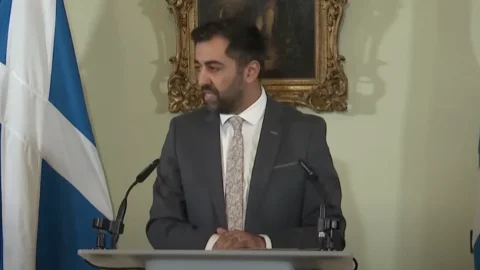Last hours of waiting, then finally the Government he will reveal the cards on the bis maneuver. The tax amendments should be presented in the Senate Budget Committee after 17 pm. Meanwhile, after a first meeting in the office of President Renato Schifani, a new meeting of the majority leaders has begun at Palazzo Madama. In addition to ministers Tremonti and Calderoli, undersecretary Luigi Casero, rapporteur Antonio Azzollini and deputy group leader Gaetano Quagliariello are also present. Some proposed amendments to the decree approved on 12 August are already known. This is what the first three amendments to the bis maneuver presented today by Azzollini in committee establish. The fourth provision bears the signature of the Minister of Justice, Francesco Nitto Palma, and has already been approved by the commission.
THE PROVINCES ARE SAVED BUT THE ADVISORS ARE HALVED
The Provinces are saved as entities, but the halving of their councilors is confirmed. The reorganization of the provinces and their eventual abolition are deferred to a subsequent constitutional bill.
SMALL MUNICIPALITIES, COMBINE THE FUNCTIONS OF THOSE UNDER 1.000 INHABITANTS
Like the provinces, small municipalities are also saved, condemned to disappearance by the first version of the encore maneuver. However, the new text provides that Municipalities "with a population of up to 1.000 inhabitants must carry out all administrative functions and all public services in associated form". Furthermore, if they deem it convenient, “municipalities with a population of more than 1.000 inhabitants also have the right to join”.
Finally, starting from the first elections following the entry into force of the maneuver, Municipalities with a population of up to 1.000 inhabitants will be able to have up to six councilors in the Municipal Council; between 1.000 and 3.000 inhabitants, two councilors are also admitted in addition to the six councillors, while between 3.000 and 5.000 inhabitants, the councilors can rise to seven and the councilors to three.
INCOMPATIBILITY BETWEEN THE OFFICES OF PARLIAMENTARY AND PUBLIC ADMINISTRATOR
From the next legislature anyone who holds a position in the public administration cannot be elected to the Chamber or the Senate. Unless, of course, he decides to give up his previous job. The incompatibility also arises for seats in the European Parliament.
DELEGATION FOR THE REORDER AND REDUCTION OF THE JUDICIAL OFFICES
The amendments to the maneuver also include the "delegation to the government for the reorganization of the distribution of judicial offices throughout the territory". The provision, signed by Justice Minister Francesco Nitto Palma, was approved this morning by the Senate Budget Committee. The opposition is against, except for the Democratic Party which abstained. The implementation of the delegation must take place within 12 months of the entry into force of the maneuver and must not involve expenses for the state coffers. Here is what the amendment provides:
– Reduction of the judicial offices of first instance.
– Overall territorial redefinition of the judicial offices, including the “suppression or reduction of the detached sections of the court”. Furthermore, "each appellate court district, including its branch sections, must include no less than three of the current courts with related public prosecutors".
– Reorganization of prosecutors, "taking into account the possibility of merging several prosecutor's offices independently of the possible merging of the respective courts".
– Reduction of non-district justices of the peace.





